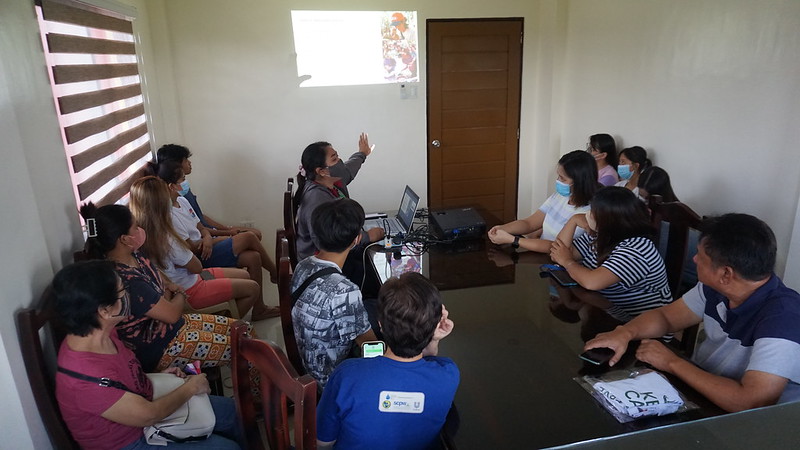- 1. SCPW Newsletter
- 2. RRC EA Webzine
- 3. Youth Eco Camp Training Manual
- 4. SCPW Wetlands BioBlitz
- 5. Mapping Wetland Priorities for Eco-DRR and EbA
- 6. Wetlands for a Sustainable Urban Future
- 7. Agricultural Wetlands and Migratory Birds
- 8. Wetland Brochures
- 9. Children’s story books
- 10. Wetland Offsetting
- 11. Constructed Wetlands
- 12. Planning Documents
- 13. Capacity building for wetland conservation

The SCPW Newsletter
The SCPW Newsletter presents the work of the Society for the Conservation of Philippine Wetlands towards wetlands conservation through summaries of the different projects conducted across the country.
The first issue can be viewed online.


Youth Eco Camp Training Manual – A Guide for Conducting the SCPW Ecological Camps
The Manual aims to guide organizations on the conduct of an EcoCamp for an overview of ecological concepts, fundamentals of Disaster Risk Reduction Management and Climate Change and ecosystem-based adaptation. It has been successfully used in more than 100 high schools and was tapped by the UN World Food Program as a platform for teaching students about wetlands and Disaster Risk Reduction Management.
The manual can be viewed online.
The manual annexes can be downloaded at the SCPW Wetlands Library.







Planning Documents
There are various planning documents that are related to the wise-use and conservation of wetlands. View samples of them below.

Capacity building for local organizations on wetland conservation
- a. Module 1: Preparation and organization profiling
- b. Module 2: Organizational readiness
- c. Module 3: Project Development and Management
- d. Module 4: Resource Mobilization and Sustainability
- e. Module 5: Communication and Sharing of Best Practices


The SCPW Wetland School is made possible by the generous support of the Ramsar Regional Center – East Asia, Wetland Link International – Asia, and Primera.
Contact the SCPW for any inquiries.

